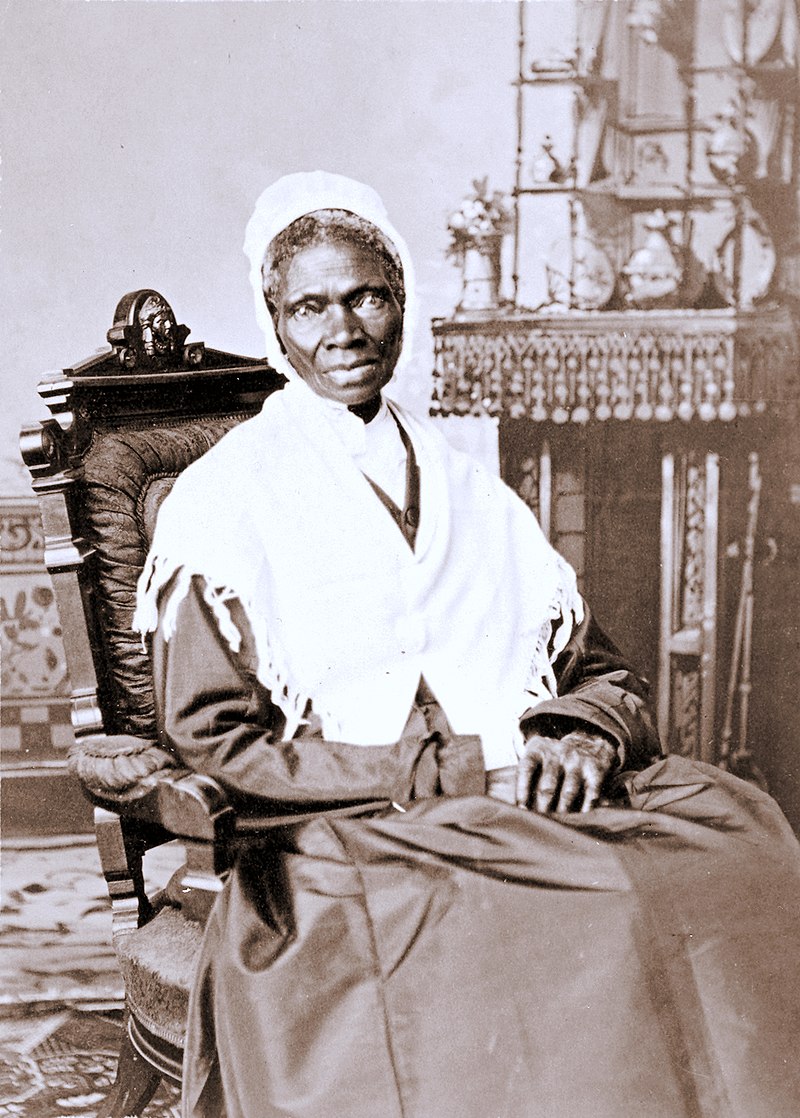Frances Ellen Watkins
Harper, was and African American lecturer, author, poet, and suffragist. Her
antislavery verse, Poems
on Miscellaneous Subjects (1854), sold thousands of copies and “The
Two Offers”(1859) was the first short story published by an African American.
Touring Southern Freedmen’s communities, she lectured on education and morality
as racial uplift, and denounced white racial violence. Her suffrage work was
long-standing. In the split among suffragists over the 15th Amendment, Harper
favored voting rights for Black men; she affiliated with the American Woman
Suffrage Association, and delivered speeches at its conventions.
Born in Baltimore of free Black parents, she was orphaned before she was 3. Reared by an uncle, whose school for free Blacks she attended, Harper was first a teacher, then a lecturer for the Maine Anti-Slavery Society. She married Fenton Harper in 1860, but was widowed within 4 years and returned to lecturing. Her Southern travels resulted in several narrative poems. She became head of the African American department of the Woman’s Christian Temperance Union. She helped organize the National Association. of Colored Women’s Clubs and became vice-president. She died in Philadelphia at 85.
Learn more about Frances Ellen Watkins Harper at the National Women's History Museum.



